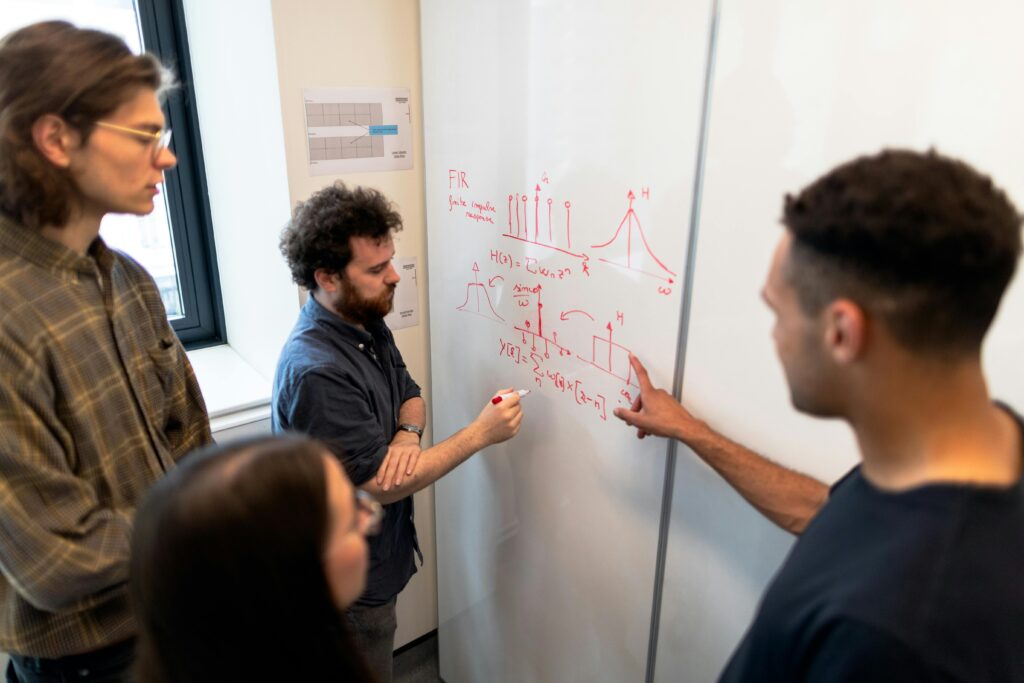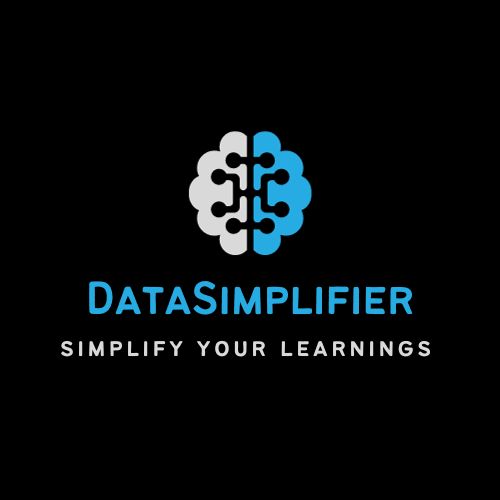Are you an Indian student or working professional aspiring to become an AI engineer? Or perhaps you’re feeling stuck in your current career and looking to transition into this exciting field? This comprehensive guide is your ultimate resource for navigating the journey to becoming an AI engineer. From understanding the basics to mastering technical skills, courses, and interview preparation, this guide will cover everything you need to succeed.

Whether you’re a beginner or someone looking to enhance your career, this guide provides actionable steps, essential resources, and a structured roadmap to becoming a top-notch AI engineer in the Indian context. Let’s dive into the journey to unlock your potential in AI, ML, and data analytics.
Understanding the AI Engineer Landscape
The field of AI engineering is evolving rapidly, presenting exciting opportunities for skilled professionals. AI engineering is not just about coding; it involves combining technical proficiency with problem-solving skills to address real-world challenges.

The Growing Demand for AI Engineers
- Job Market Trends: With AI transforming industries such as healthcare, finance, and e-commerce, the demand for AI engineers is skyrocketing.
- Specializations: Roles like Machine Learning Engineer, AI Prompt Engineer, and Data Scientist offer diverse career paths.
- Salary Potential: AI engineers in India earn competitive salaries, with entry-level roles offering 6–8 LPA and experienced professionals earning over 20 LPA.
By understanding the industry landscape, you can position yourself as a top candidate ready to meet market demands.
Building Your Foundation: Skills and Knowledge
To excel as an AI engineer, building a strong foundation in mathematics, statistics, and programming is essential. Here are the key areas you should focus on:
Technical Skills
- Programming Languages: Start with Python—the most widely used language in AI—and then explore R or Java.
- Mathematics and Statistics: Learn linear algebra, calculus, probability, and statistical modeling.
- Machine Learning Algorithms: Understand supervised, unsupervised, and reinforcement learning techniques.

- Data Handling: Gain expertise in data manipulation, analysis, and visualization using tools like Pandas and Matplotlib.
Tools and Frameworks
- TensorFlow and PyTorch: For building and training AI models.
- Scikit-learn: For implementing machine learning algorithms.
- Hugging Face: For natural language processing (NLP) tasks.
Soft Skills
- Problem-solving: Approach AI challenges with innovative solutions.
- Communication: Present technical ideas effectively to non-technical stakeholders.
By mastering these skills, you’ll have the technical and analytical foundation required for a successful AI career.
Essential Resources for Your Journey
AI engineering requires continuous learning and staying updated with the latest trends. Here’s a curated list of resources to guide you:
Online Courses and Tutorials
- Coursera: Machine Learning by Andrew Ng, Deep Learning Specialization.
- edX: Professional Certificate in AI by Microsoft.
- Udemy: Python for Data Science and Machine Learning Bootcamp.
Communities and Forums
- Reddit: Explore discussions on the “Become an AI Engineer” subreddit.
- Kaggle: Participate in AI competitions and projects.
- LinkedIn Groups: Join AI-focused professional groups.
Books
- “Hands-On Machine Learning with Scikit-Learn, Keras, and TensorFlow” by Aurélien Géron.
- “Deep Learning” by Ian Goodfellow.
Regularly engaging with these resources will ensure you stay ahead in this dynamic field.
Crafting Your AI Engineer Resume and Portfolio
Your resume and portfolio are your first impression on potential employers. Here’s how to make them stand out:
Resume Tips
- Highlight key skills: Include technical skills like Python, TensorFlow, and SQL.
- Showcase relevant experience: Mention internships, projects, or freelance work.
- Tailor to the job: Align your resume with the specific requirements of the AI engineer role.
Building an Impressive Portfolio
- Include projects: Highlight real-world applications like building a chatbot or analyzing datasets.
- Use GitHub: Maintain a repository of your code and projects.
- Document your work: Write blogs or create videos explaining your projects.
An impactful resume and portfolio can significantly increase your chances of landing interviews.
Preparing for AI Engineer Interviews
Interview preparation is critical to securing a job as an AI engineer. Here’s what you need to focus on:
Common Interview Topics
- Machine Learning Concepts: Be prepared to explain algorithms like decision trees, SVMs, and neural networks.
- Programming Skills: Solve coding challenges related to data structures and algorithms.
- Behavioral Questions: Demonstrate problem-solving and teamwork abilities.
Resources for Preparation
- Mock Interviews: Practice with platforms like Pramp or Interviewing.io.
- AI Communities: Gather insights and tips from the “Become an AI Engineer Reddit” forum.
- Frequently Asked Questions: Review common AI interview questions and their answers.
Effective preparation will help you confidently tackle even the toughest interview challenges.
Real-World Application: Projects and Case Studies
Practical experience is invaluable for mastering AI concepts. Here’s how you can gain it:

Suggested Projects
- Predictive Analytics: Build a model to forecast stock prices.
- NLP: Create a sentiment analysis tool for social media.
- Computer Vision: Develop an image classification system.
Case Studies
- Explore how companies like TCS and Infosys implement AI solutions for Indian businesses.
- Analyze successful AI projects to understand best practices.
Engaging in real-world projects will enhance your problem-solving skills and make you job-ready.
Key Takeaways and Conclusion
Congratulations on reaching the end of this guide! Here are the key takeaways:
- Understand the Landscape: Recognize the growing demand and opportunities in AI engineering.
- Build Strong Foundations: Focus on technical skills, tools, and frameworks.
- Leverage Resources: Utilize courses, communities, and books for continuous learning.
- Create a Standout Portfolio: Showcase your skills through impactful projects.
- Prepare for Interviews: Practice frequently asked questions and enhance your problem-solving abilities.
Join Our Telegram Community
Join our premium Telegram channel for exclusive AI resources and job notifications. Comment your Telegram handle below to receive a free invite. Be part of a thriving community that supports your learning journey.
Your journey to becoming an AI engineer starts today. With dedication, continuous learning, and the right guidance, you can build a rewarding career in AI, ML, and data analytics. Go forth and create your future!
Share the post with your friends

1 thought on “Become an AI Engineer in 2025 | Here is the best guide”